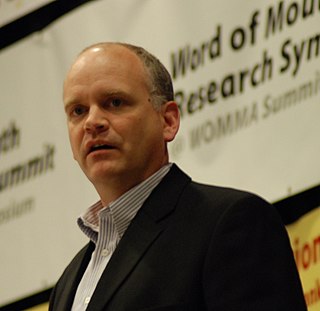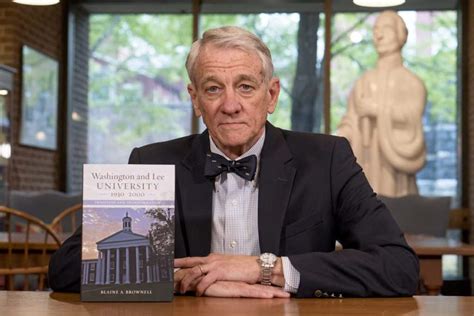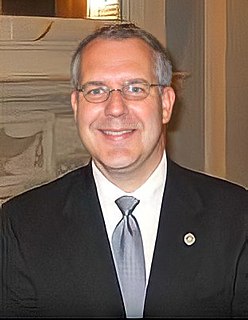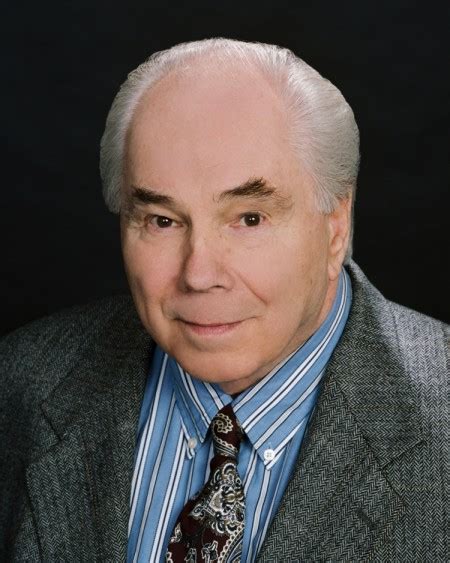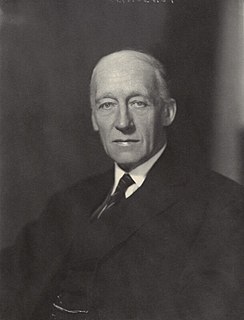A Quote by Ron Fournier
Hollywood has a history of raising expectations beyond Washington's reach, of appealing to the very American desire to mythologize political leaders, particularly the president.
Related Quotes
Throughout American history, the political leaders have always exhorted the American people to be nice and quiet and leave things to them. But when very serious evils confronted the American people, they had to go beyond the Congressmen and Senators, and they had to commit civil disobedience and they had even to break the law.
I have to throw in on a personal note that I didn't like history when I was in high school. I didn't study history when I was in college, none at all, and only started to do graduate study when my children were going to graduate school. What first intrigued me was this desire to understand my family and put it in the context of American history. That makes history so appealing and so central to what I am trying to do.
The Obama administration was filled with people that had deep resentment for people successful in the private sector, in business or what have you, with no way of understanding them or relating to them at all, and no desire to. Much of the Washington establishment, particularly the Democrat side of it, has the same view of American business and the private sector. And here comes Donald Trump entering their world, and they are not equipped to understand how he operates or what he's doing. They're plugging him and his business techniques into their political models, and it doesn't work.
I do not desire to give myself any fresh political label. Though the formation of the Union of Democratic Control it has been possible for me to work in close co-operation with several of your leaders and this joint effort on the part of the Labour members and radicals is having I think a very beneficial effect. I do not desire to alienate myself from any of my former political associates but rather to endeavour to urge them along the same path which I myself am treading.
Muslims naturally saw Christendom as their arch rival. One point that is really important to bear in mind, particularly in addressing an American audience, and that is that the Islamic world has a very strong sense of history. In the Muslim world, history is important and their knowledge of history is not always accurate but is very detailed. There is a strong historical sense in the Muslim world, a feeling for the history of Islam from the time of the Prophet until the present day.
When my father began to work with President John. F.Kennedy, we moved to Washington, D.C. I was fortunate in my pre-adolescent years, as my social and political consciousness was developing, to live at the epicentre of that dynamic, idealistic, and inspiring moment in U.S. political history, with its ethos of personal and civic responsibility, summed up so succinctly in his exhortation: "Ask not what your country can do for you, but ask what you can do for your country."
